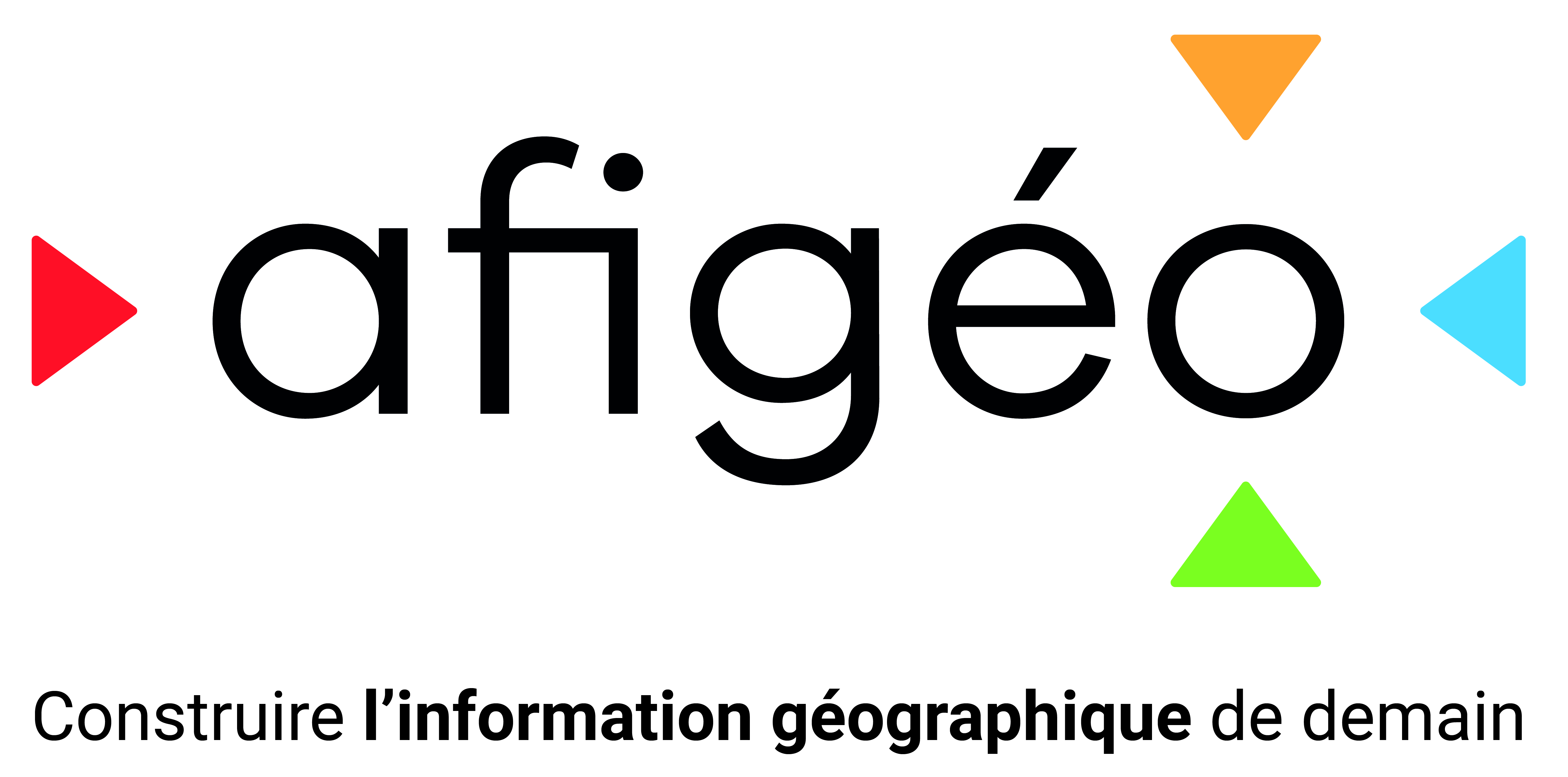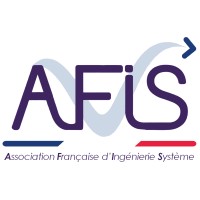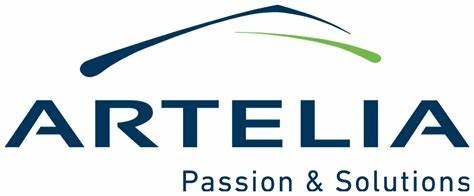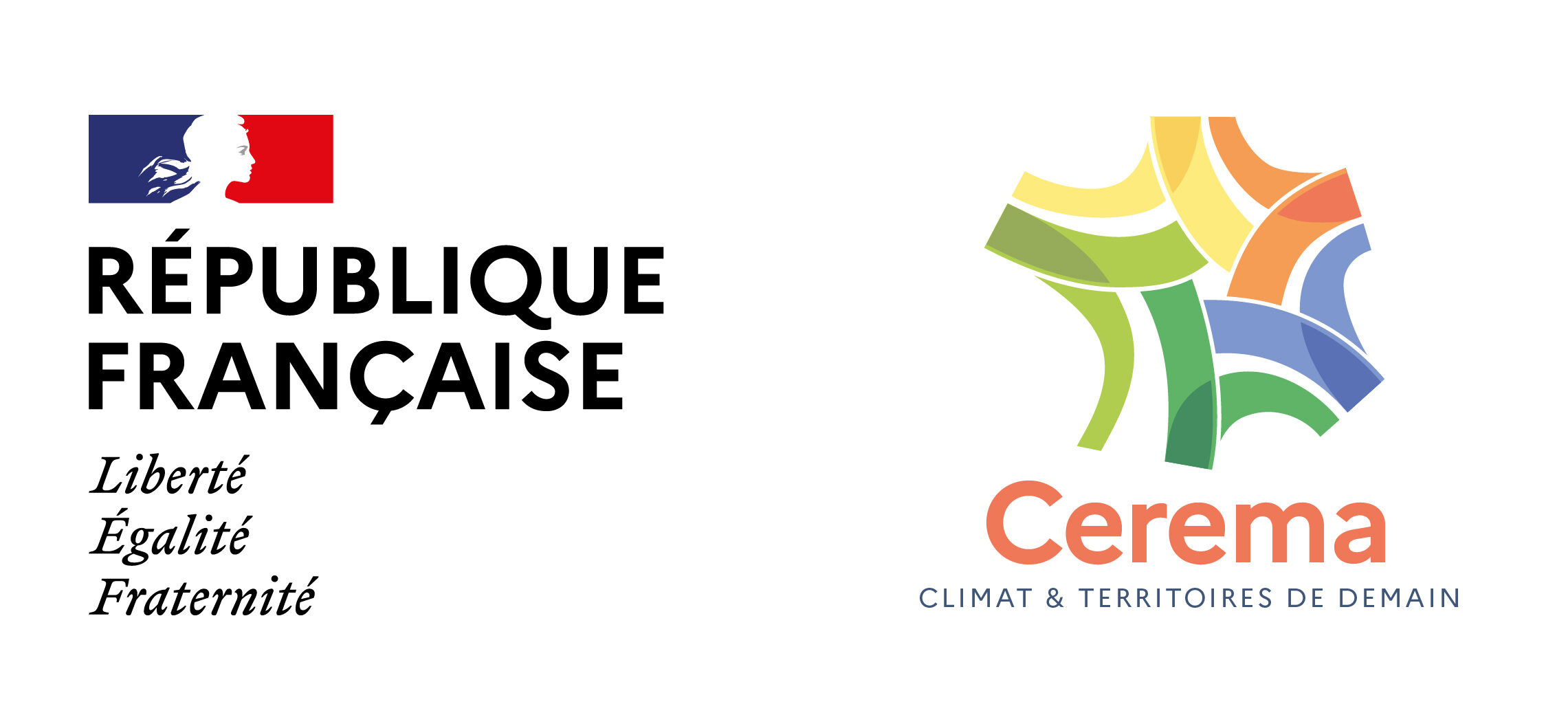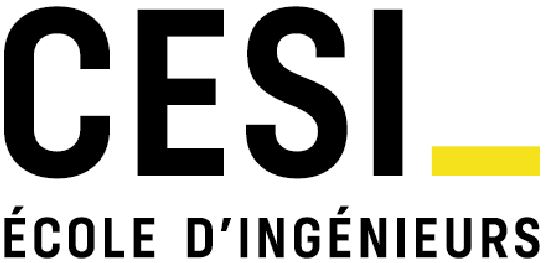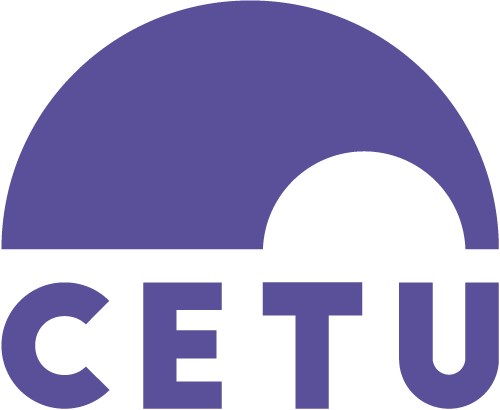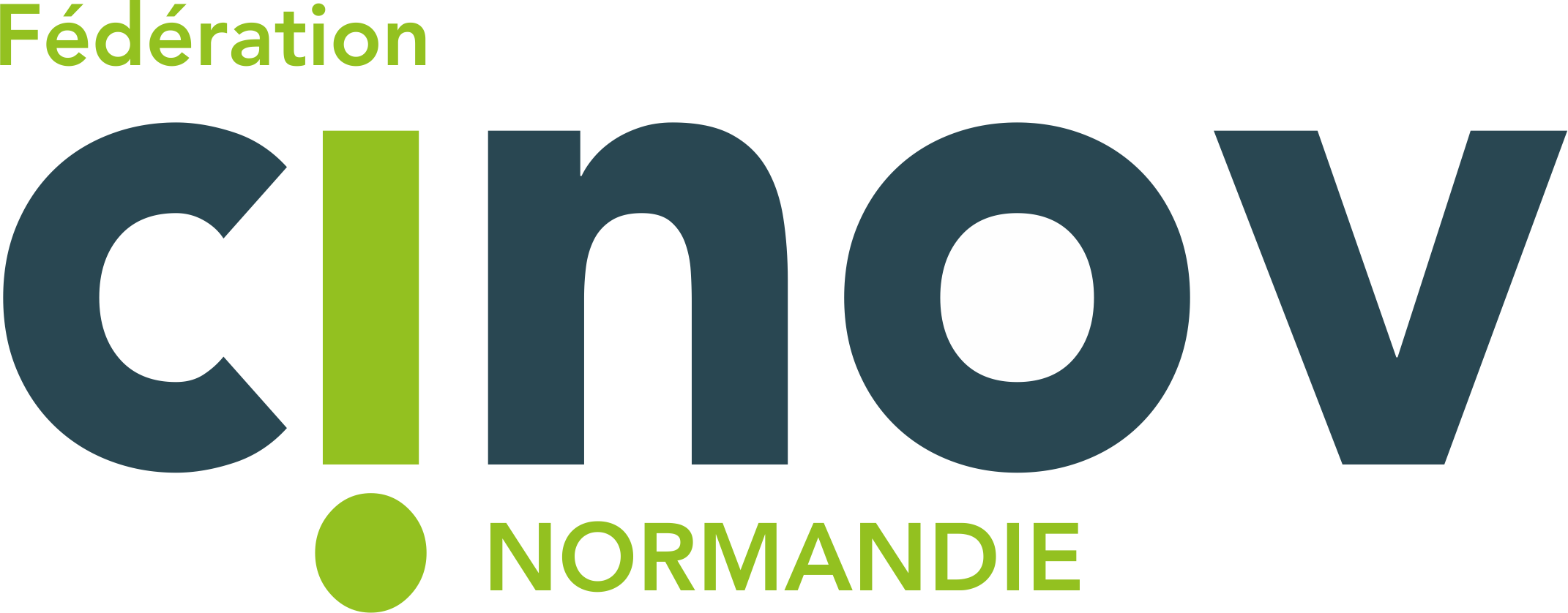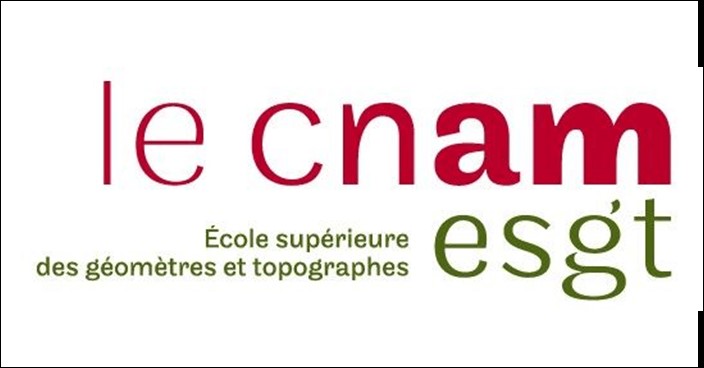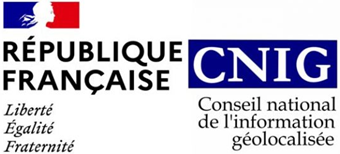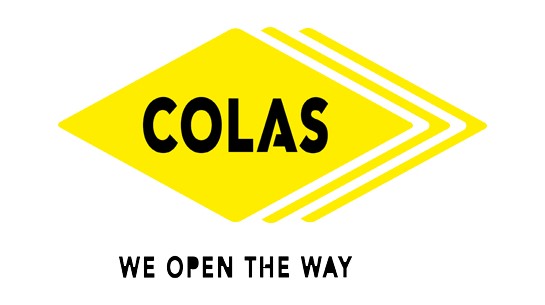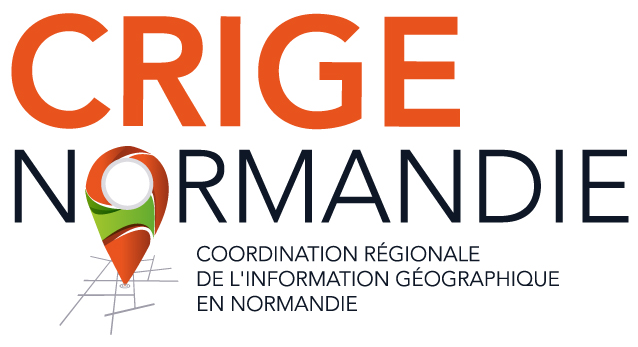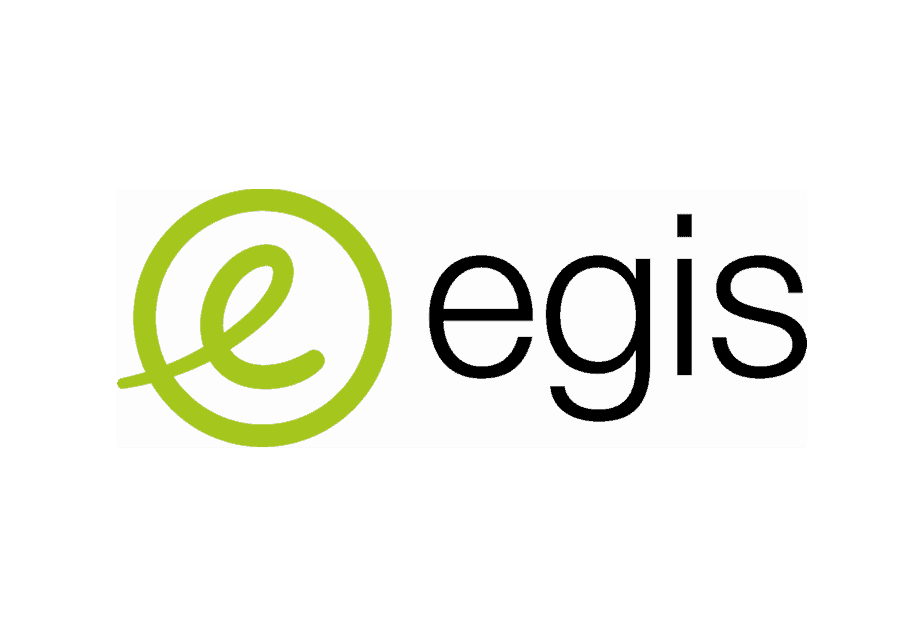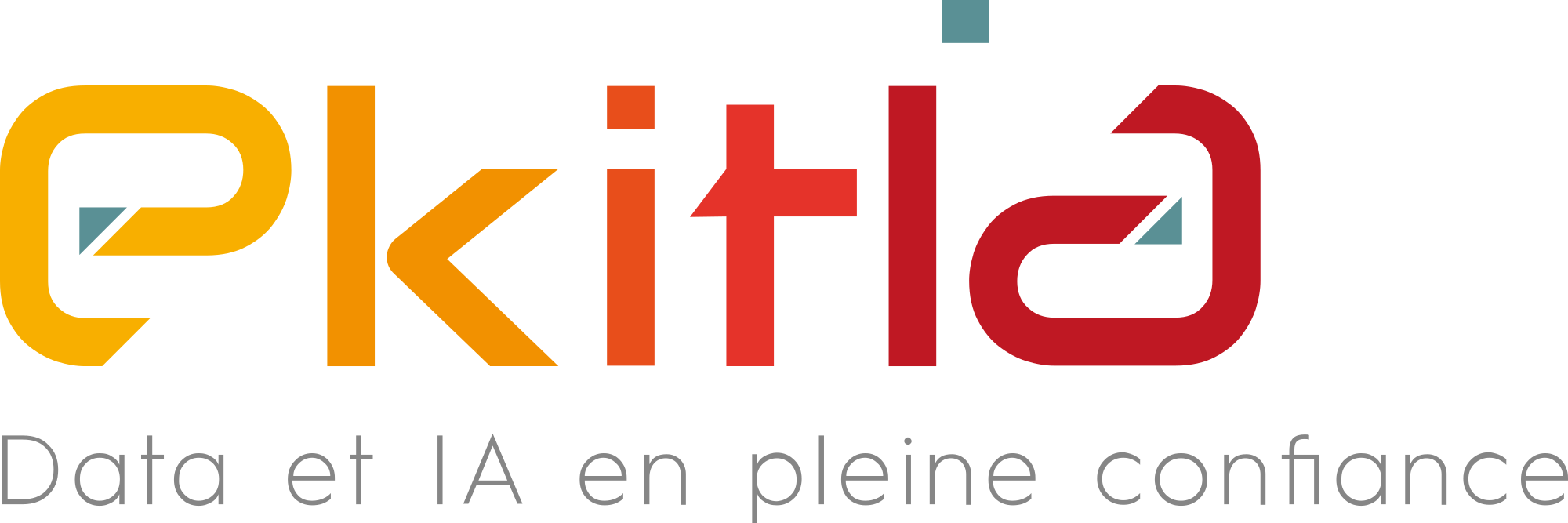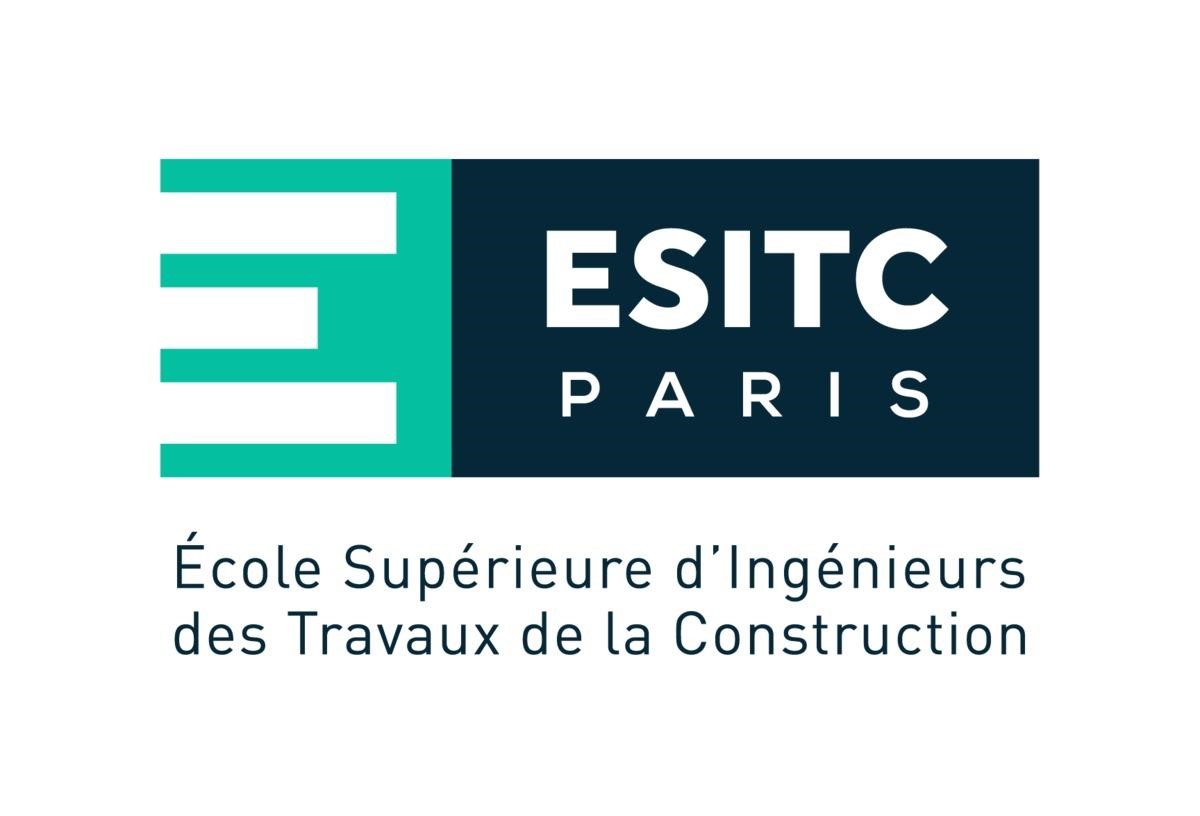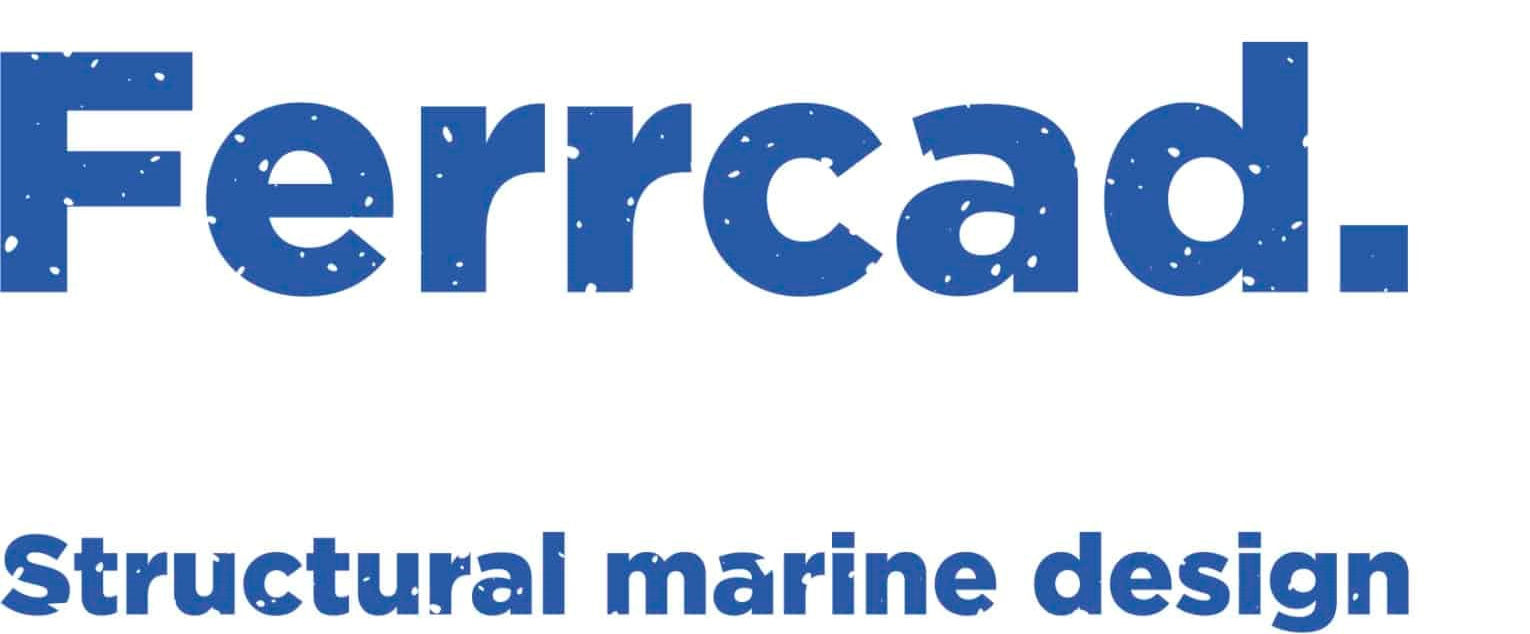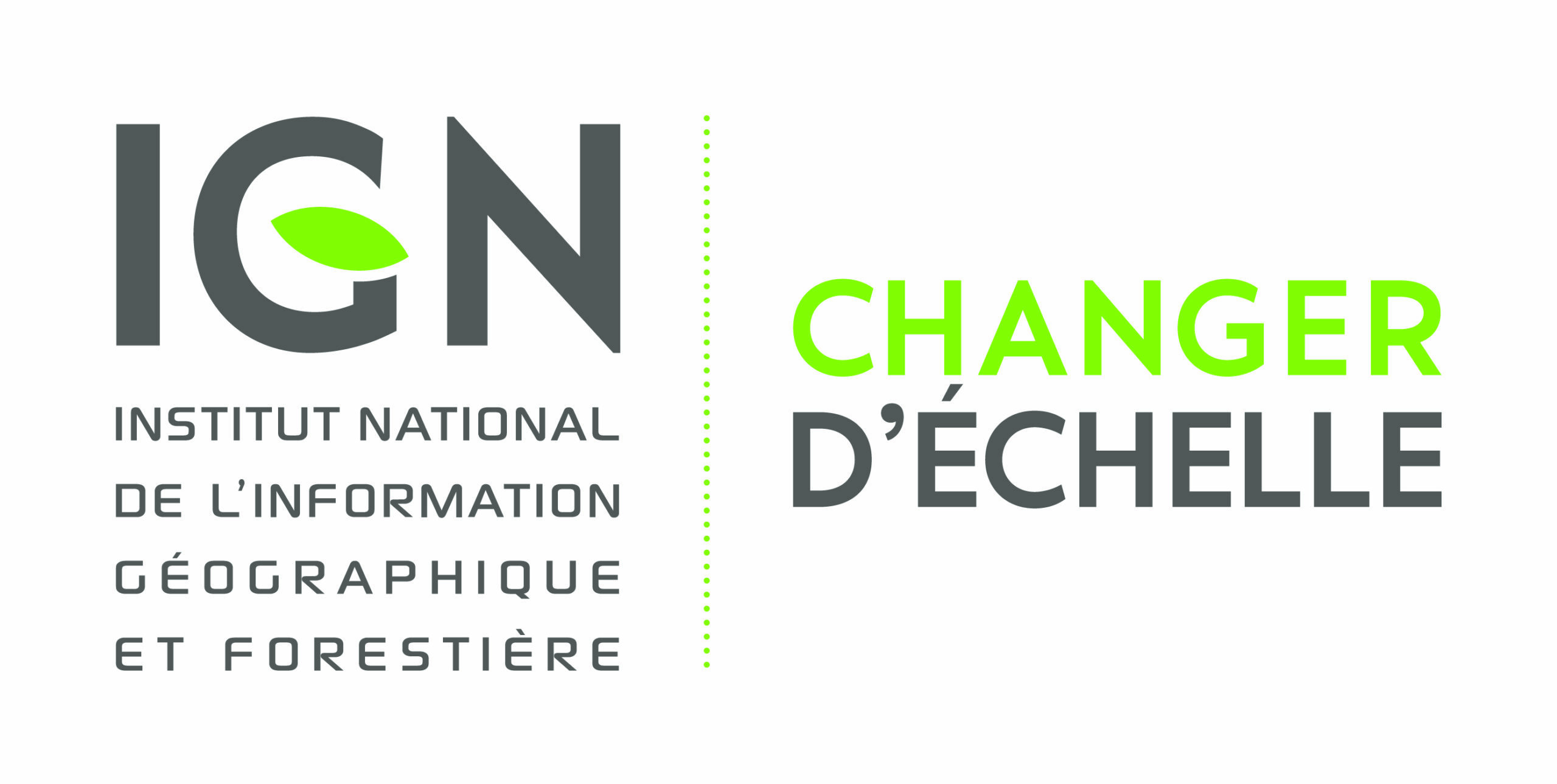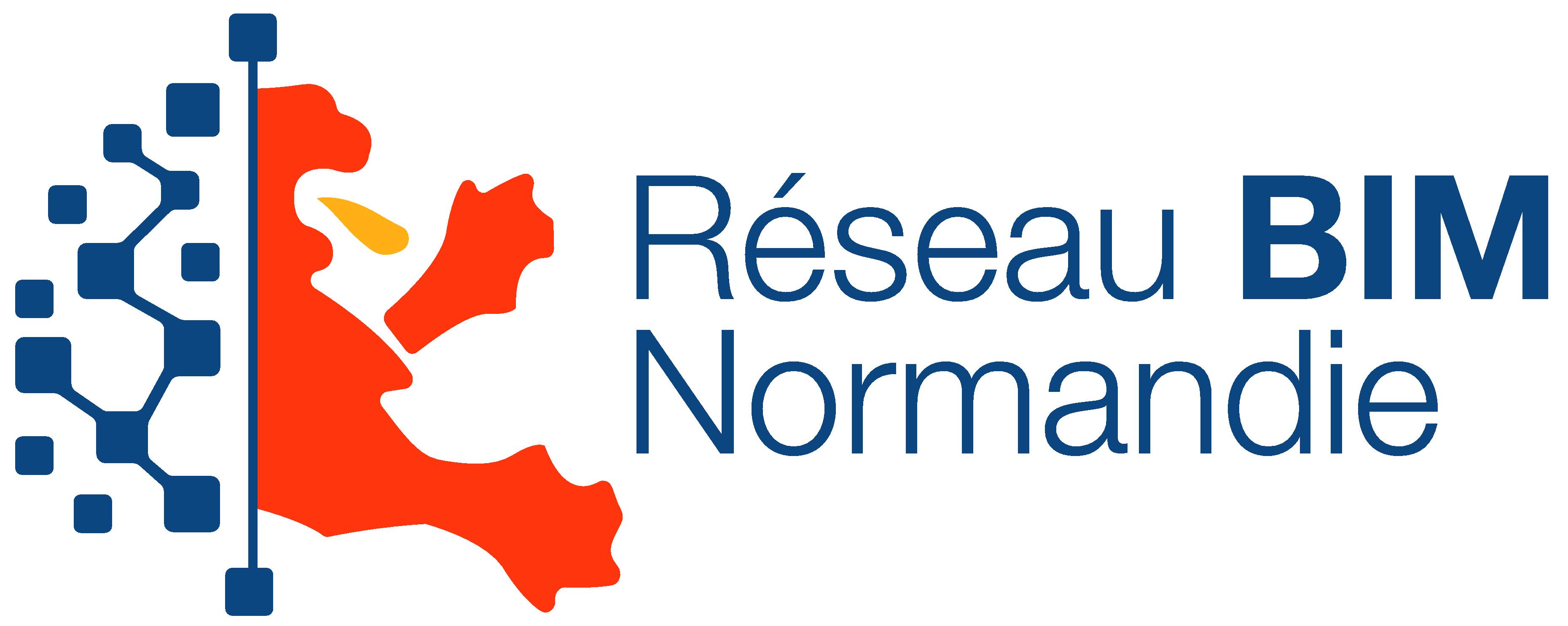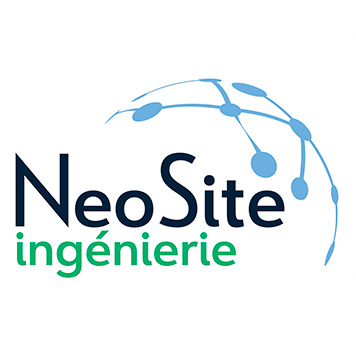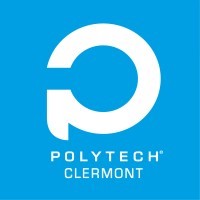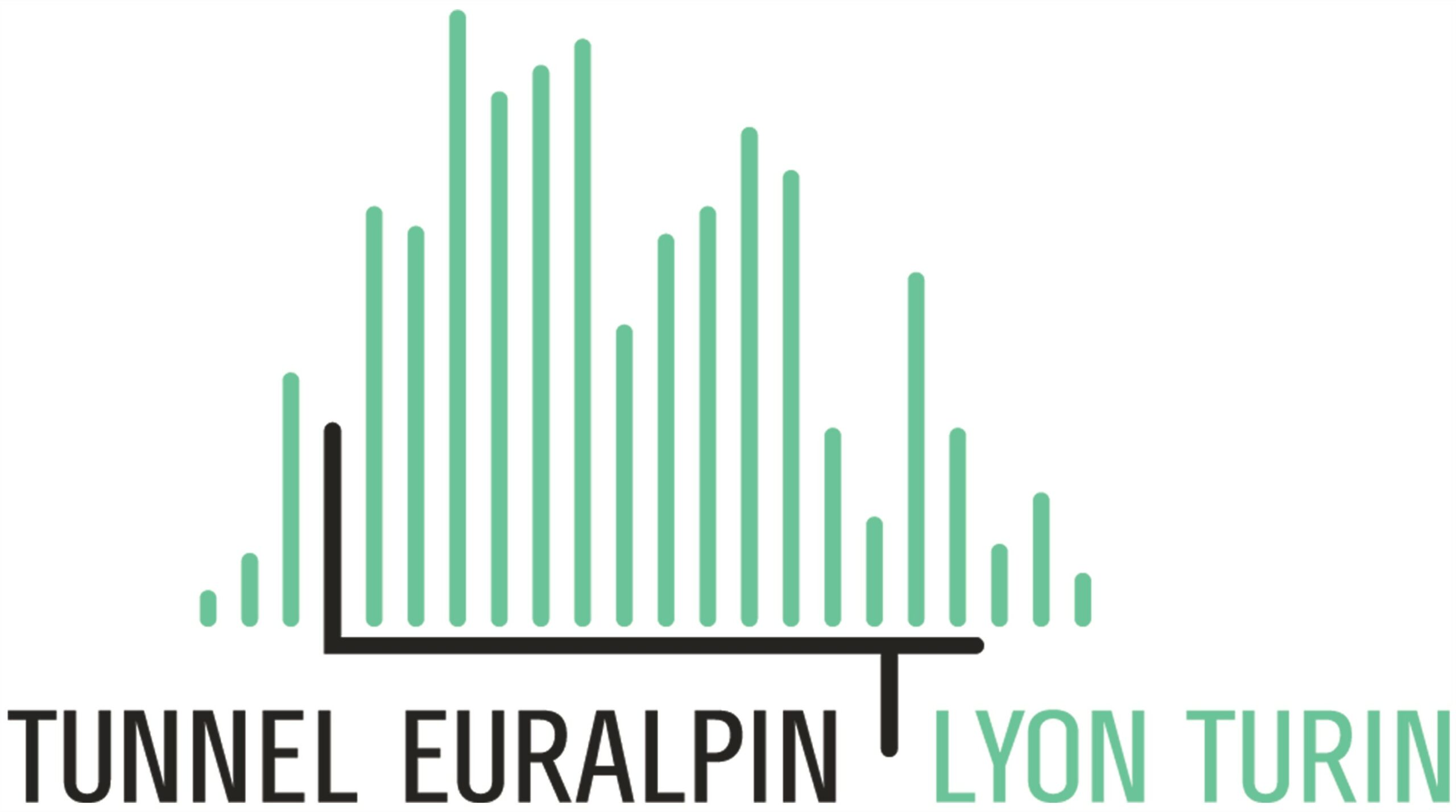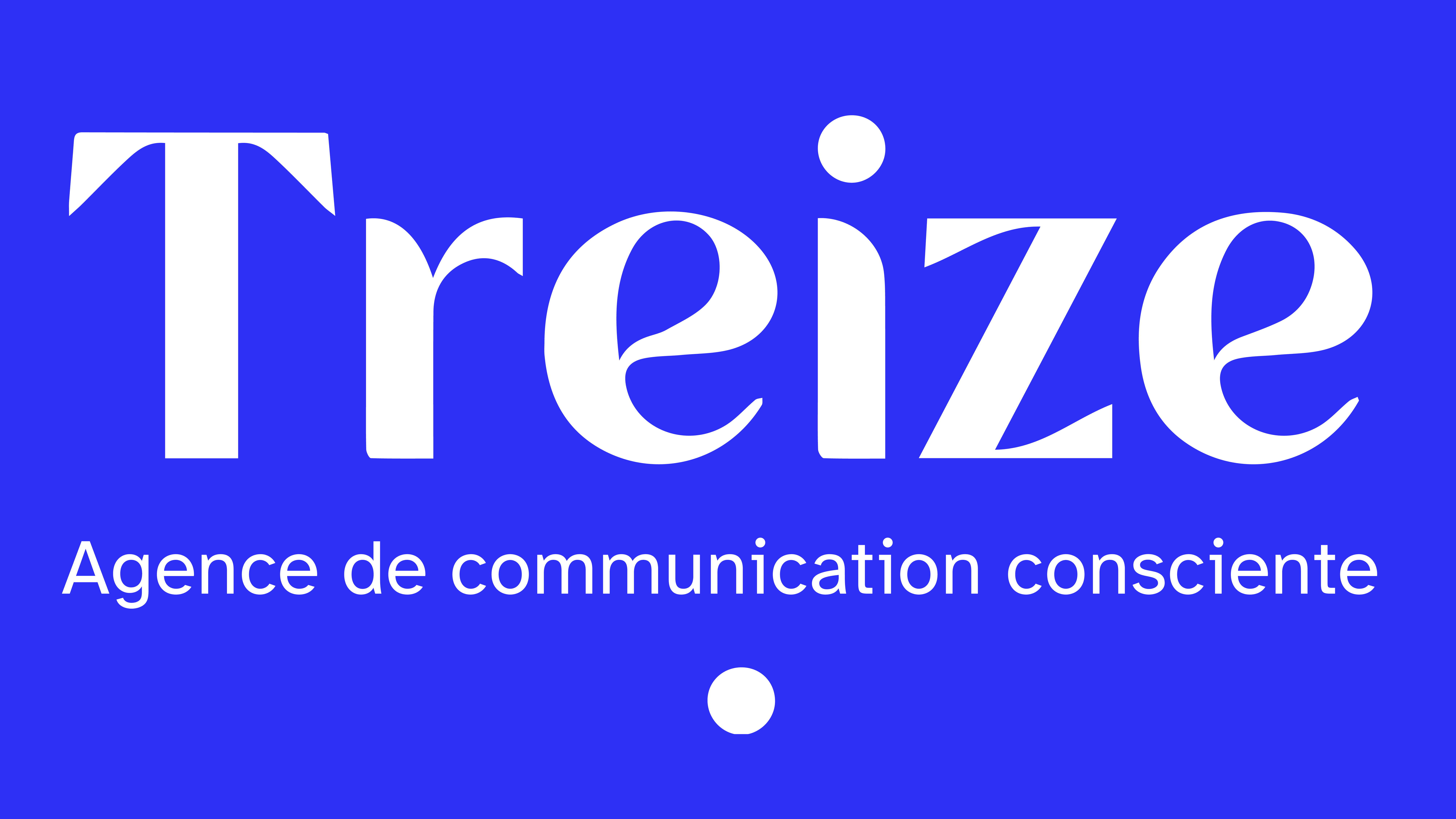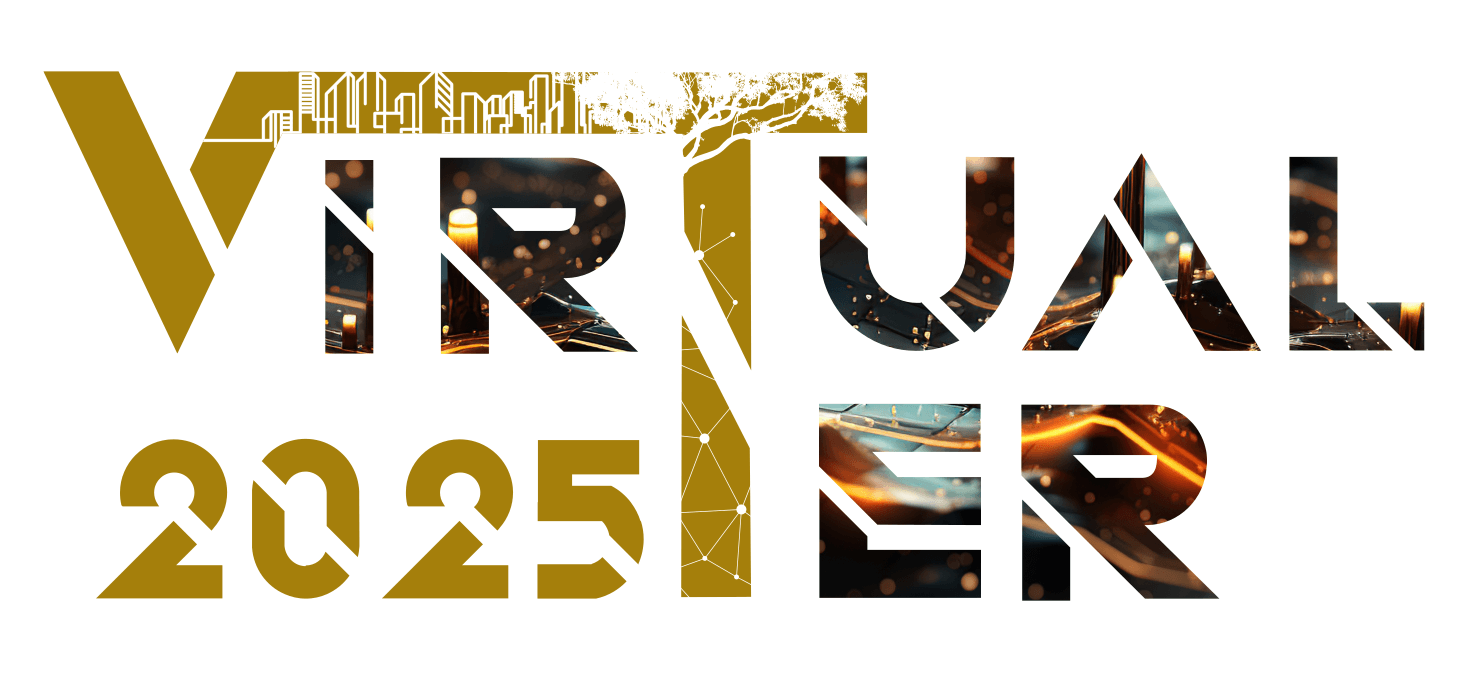
TO COLLABORATE THE DAYS BEFORE
TO ANTICIPATE THE DAYS TO COME
May 26, 27 & 28, 2025
University of Caen Normandy
– Campus 1 –
Digital twin: your territory of tomorrow

Presentation
Why VirtualTer
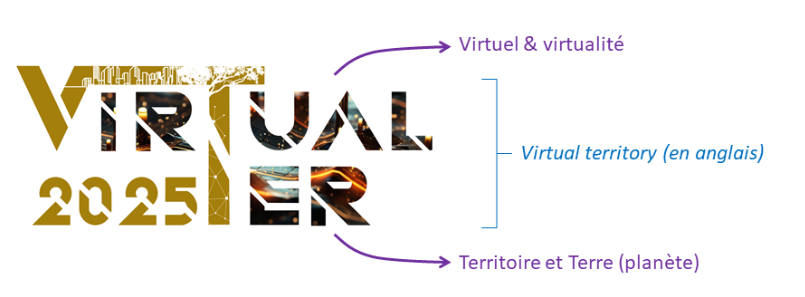
VirtualTer 2025, by whom?
VirtualTer 2025 is co-organised by BRGM(*), Cerema(*), CNIG(*), IGN(*), the University of Caen and MINnD2050(*).
(*) BRGM: Bureau de recherches géologiques et minières (Geological and Mining Research Bureau) | Cerema: Centre d’études et d’expertise sur les risques, l’environnement, la mobilité et l’aménagement (Centre for studies and expertise on risks, the environment, mobility and development) | CNIG: Conseil national de l’information géolocalisée (National council for geolocalised information) | IGN: Institut national de l’information Géographique et forestière (French National Institute for Geographic and Forestry Information) | MINnD2050: Modélisation des informations interopérables pour les infrastructures durables (Modelling interoperable information for sustainable infrastructures)
Why VirtualTer 2025?
VirtualTer 2025 aims to be an event representing the national and European ecosystem of reference on digital twins, from buildings and infrastructures to the territory in all its components of development and adaptation.
VirtualTer 2025, for whom?
This event is aimed at elected representatives and decision-makers, from the State to local authorities, as well as all professionals working in the fields of construction and public works, geomatics, the environment, digital technology, the ecological transition, etc. Collaboration, decision support and pooling, as well as climate change and the necessary adaptations, and discussions and projects relating to connected and sustainable territories, are just some of the issues that will be addressed during VirtualTer 2025.
Why VirtualTer 2025 in Caen?
The University of Caen is a national benchmark for the management of its property assets, with a BIM/CIM approach and associated digital mock-ups. The implementation of digital twins on its territory is very topical.
Campus 1 (one of five campuses in Caen), which is hosting VirtualTer 2025, is representative of the University’s heritage approach and is located in the city centre. It is well served by public transport.
Caen and Caen la mer are directly concerned by the issue of climate change, and are working on adaptation scenarios that call into question certain urban development projects (retreat of the coastline, marine submersion, heat islands, etc.). The digitisation/modelling of the territory is therefore a topical issue.
2025 is also the year of the millennium: CAEN is 1000 years old! The first recognised historical reference to Cadomus (the Latin name for Caen) dates back to 1025.
Register for VirtualTer 2025
Registration for VirtualTer 2025 is free, as it is a non-commercial event, but registration is compulsory, as the number of places is limited. It is also a face-to-face event to be held on Campus 1 of the University of Caen.
Program
VirtualTer 2025 will take place over 4 themed half-days, from May 26 at 1:00 pm to Wednesday May 28 at 1:00 pm. The final schedule will be published in April 2025.
Monday MAI 26TH | 2.PM – 6.30 PM
Welcome and introduction to VirtualTer 2025: Mr. Lamri ADOUI, President of the University of Caen Normandie.
VirtualTer 2025 opening conference: Mme Valérie NOUVEL, Vice-President of the Conseil Départemental de la Manche and former President of the Mission sur les territoires connectés et durables.
Digital twins: the state of play in France and Europe
Thématiques abordées lors des conférences :
- National/French- work group on Territorial Digital Twins (JNT) – Progress report and perspectives – Maud GUIZOL (Colas) & Rémi MONTORIO (Lille European Metropole)
- Status report on digital twins in France and Europe (EDIC Ltd CitiVerse) – Sophie HOUZET (Cerema)
- Monitoring the reduction of urban heat island effect on the surface of grey, green and blue infrastructure assets modeled by CIM and integrated into the digital twin of a resilient site in Montreal – Richard MONGEAU (ÉTS Montréal) & Simon GIGNAC (Geomatics Division – City of Montreal)
- Digital territory twin and hypervisor
- Digital twin for the territory of a department, an agglomeration of municipalities,…
- Digital Twins of the Territory : Current state and challenges in Switzerland – Laurent NIGGELER (Republic and Canton of Geneva)
- User control and land modelling – The example of Miquelon-Langlade (Saint-Pierre et Miquelon)
- A digital twin of the past, linked to archeology, applied to a Neanderthal site – Dominique CLIQUET (Curator of the Rozel Neanderthal site – Manche)
Tuesday MAY 27TH | 8.30am – 12.30pm
Digital infrastructures and territories, a challenge for national cooperation
Topics of the conferences:
- Modeling regional infrastructures (buildings, roads, etc.) to assess risk insurance
- Digital twin and asset management (BIM/CIM) – François CAUMONT & Christophe BAUMGARTEN (Heritage and Logistics Department – University of Caen)
Round table 1 : Meeting the challenges of territorial planning – Collaboration, the key to optimizing investment in territories
This round-table will bring together political representatives from France, Quebec and Switzerland to discuss current and future practices for meeting adaptation challenges in different regions.
Tuesday MAY 27th | 1.45 PM – 5.45 PM
Digital mock-ups, 3D modeling, digital twins: tools for collaboration, decision support and regional pooling
Topics of the conferences :
- Ethical use of geolocated data and information – Anthéa SÉRAFIN (ekitia)
- A digital twin to manage pathways for the 2024 Olympics
- National digital twin – IGN/Cerema/INRIA project update – Rudy CAMBIER (IGN)
- Impact of urbanisation on health
- Territorial modeling for civil security
- Impact of land movements on infrastructure management
- Digital port twin – A collaborative experience
Round Table 2 : Urban resilience and climate change – Digital twins to support public policy
This round table will bring together representatives from various institutions (BRGM, Cerema, CNIG, IGN, IGN Québec (Institute for Digital Governance), to discuss undertaken projects that could involve cross-collaboration with territories.
Wednesday MAY 28TH | 8.30am – 12.45pm
Sharing international experience
Wednesday morning will be an opportunity to share experiences of digital twins, with speakers from Germany, Denmark, Japan and the Netherlands.
The conferences will be in English, with simultaneous translation.
Practical info
Where and When?
University of Caen Normandy – Campus 1 – France
From MAY 26, 1 PM to MAY 28, 2025, 1 PM
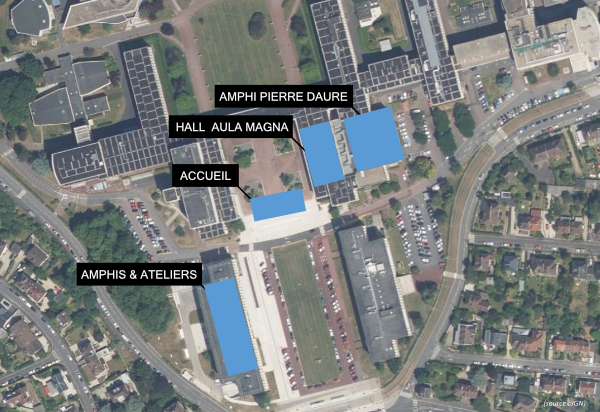
Getting to Caen
By train :
Caen SNCF station: Paris Saint-Lazare/Caen line in 2 hours (Paris/Cherbourg line).
To get to Caen city centre by tram from the SNCF station: lines T1, T2 and T3.
By car :
By motorway via the A84 (free from Rennes), the A28 (from Le Mans) or the A13 (from Paris).
Sleeping in Caen
Getting to Campus 1 of the University of Caen
Parking is very difficult in the immediate vicinity of the University.
You can park (for a fee) in Caen city centre in the underground car parks and (a little) in certain streets.
The ideal choice? Leave your car in the ‘Parking P+R Côte de Nacre’ park-and-ride facility.
Then take Tram T2 to the Côte de Nacre stop, direction Caen Presqu’île, and get off at the University stop (journey time: 15′).
Prendre ensuite le Tram T2 à l’arrêt Côte de Nacre, direction Caen Presqu’île, puis descendre à l’arrêt Université (durée du trajet : 15’).

